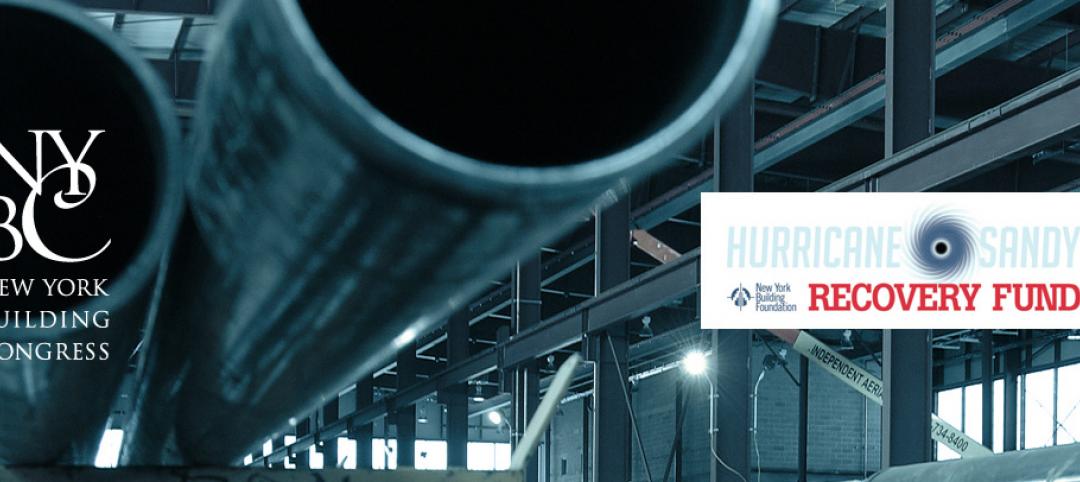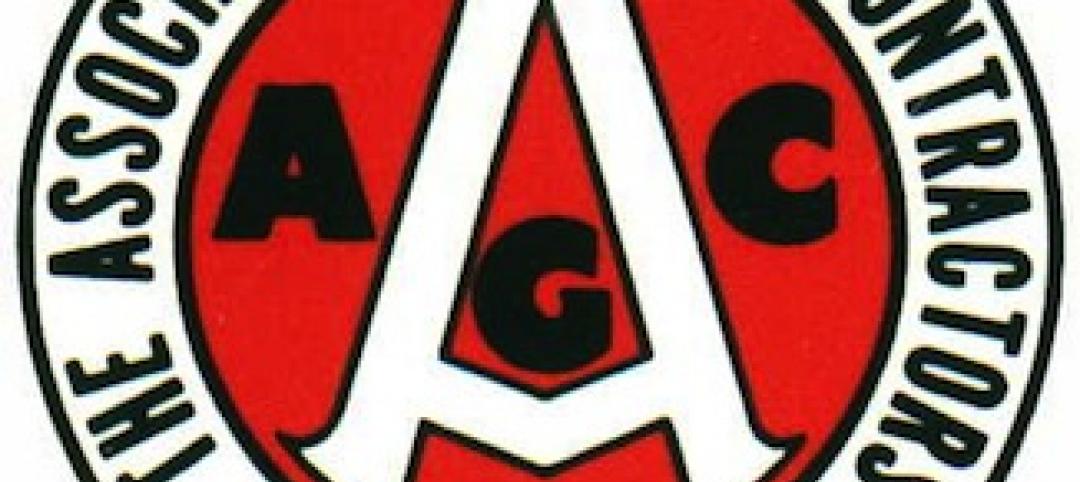The U.S. Environmental Protection Agency’s (EPA) WaterSense program is considering expanding the types of products that can earn the WaterSense label.
The action would expand the label to include systems that enhance water quality at the tap. EPA published a Notice of Intent (NOI) to consider drafting a WaterSense specification for point-of-use reverse osmosis (RO) systems that treat water at a single fixture under the kitchen sink.
RO systems can effectively reduce total dissolved solids, heavy metals, and inorganic and organic contaminants in water used in homes and businesses, but they can waste significant amounts of water. Currently, a typical residential RO system operates at an efficiency of 20% or less.
In recent years, though, the technology and design of RO systems have improved, and manufacturers have developed more efficient systems. EPA is gathering feedback on potential efficiency and performance criteria for these systems to earn the label.
Related Stories
| Dec 7, 2012
San Francisco real estate records will include ‘green labels’
Ecologically-sustainable building practices, or “green labels,” will now be included on official land records maintained by San Francisco.
| Dec 7, 2012
Tokyo’s Green Building Program has reduced power consumption by 20%
Tokyo city officials calculate that its Green Building Program reduced energy consumption by 20% since its inception, a statistic they identify as the reason the power stayed on during the 2011 earthquake.
| Dec 7, 2012
New flexible options make achieving LEED certification easier on projects outside the US
A new set of Global Alternative Compliance Paths, or Global ACPs, are now available for all commercial projects pursuing LEED green building certification using the 2009 versions of the rating systems.
| Nov 29, 2012
New York contractors say they will pay tax despite a court ruling that the tax is unconstitutional
The New York Building Congress says it will voluntarily pay a tax declared unconstitutional by the courts because, it says, the money is vital to maintaining the city’s transportation infrastructure.
| Nov 29, 2012
Storms like Sandy highlight the need for stricter codes, says insurance expert
Experts on insurance, weather, and catastrophe modeling say the role of climate change in Hurricane Sandy and future storms is unclear.
| Nov 29, 2012
Quake simulation to test concrete building's strength in California
Researchers aim to gauge how buildings constructed with reinforced concrete withstand an earthquake by conducting a simulation test at a two-story building built in the 1920s in El Centro, Calif.
| Nov 29, 2012
AGC offers stormwater compliance webinar
An effective document management system is necessary to stay in compliance with new and forthcoming stormwater runoff requirements, says the Associated General Contractors of America.
| Nov 29, 2012
Government policies help accelerate adoption of green building
Green procurement policies or green building mandates can help accelerate the adoption of green building practices, according to research by Timothy Simcoe and Michael Toffel.
| Nov 26, 2012
Minnesota law to spur development, job creation produced few jobs
Legislation that allowed local governments to direct excess property tax dollars from tax-increment financing districts into other private developments was supposed to kick-start construction hiring in Minnesota.
















